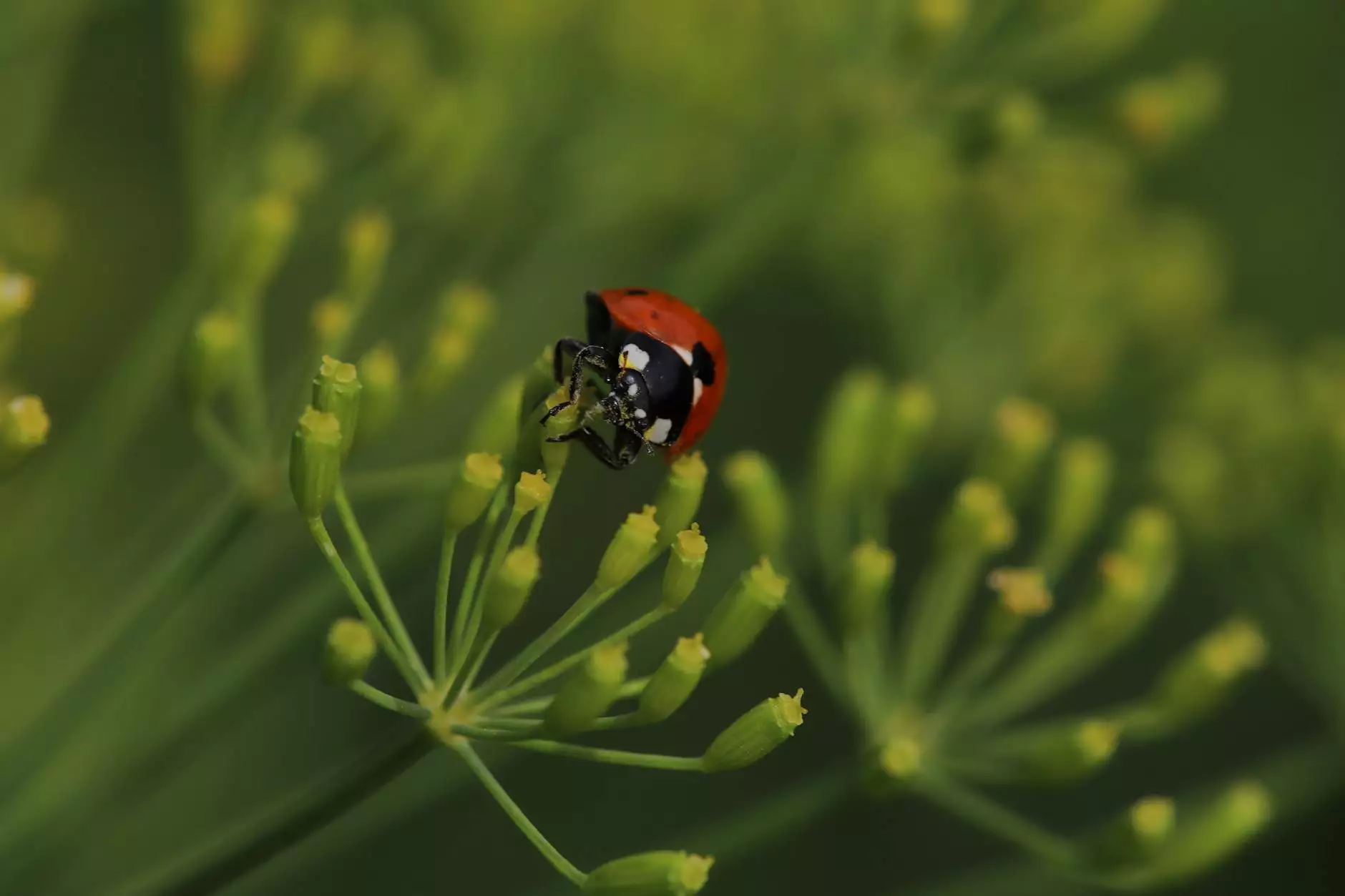The Essential Guide to the Control of Rice Weevil

Rice weevil (Sitophilus oryzae) is a common pest that poses a significant threat to rice storage and quality. For farmers and grain handlers alike, understanding the control of rice weevil is critical to preserving their harvests and ensuring market readiness. This article delves into effective strategies, preventative measures, and control techniques to manage rice weevil populations effectively.
Understanding the Rice Weevil
The rice weevil is a small, dark brown beetle, typically measuring about 2 to 4 mm in length. They are easily recognized by their long, slender snouts. An adult female can lay up to 400 eggs in her lifetime, usually depositing them inside grains of rice, ensuring that the larvae have a food source upon hatching.
The Life Cycle of Rice Weevil
Understanding the life cycle of the rice weevil is vital for effective control:
- Egg Stage: Eggs are laid inside the grain, where they hatch into larvae.
- Larval Stage: Larvae feed on the grain, causing structural damage.
- Pupal Stage: After pupating, the adult weevils emerge from the grain.
Identifying Infestations
Early detection is crucial for successful control of rice weevil. Signs of infestation include:
- Visible adult weevils on grains or storage containers
- Holes in grains where larvae have exited
- Presence of powdery frass (waste) near stored grains
Monitoring Practices
Implementing monitoring practices allows farmers to detect weevil presence before it escalates. Tools like smudge traps and grain sampling can help gauge infestation levels. Regular inspections of stored grain can reveal early infestation signs.
Preventative Measures for Rice Weevil Control
Preventing rice weevils from invading your grain is the first line of defense. Here are effective preventative measures:
- Thorough Cleaning: Maintain clean storage areas to remove any grain remnants that can attract weevils.
- Proper Storage: Use airtight containers to prevent weevil ingress.
- Temperature Control: Store grain at low temperatures to curtail weevil development.
Effective Control Strategies
When prevention is not enough, control measures must be implemented. Below are some of the most effective strategies to combat rice weevil infestations:
Cultural Control Methods
Cultural practices involve managing how crops are cultivated and stored:
- Crop Rotation: Changing crops can disrupt weevil life cycles.
- Drying Grains: Reducing moisture content in grains (below 12%) makes them less hospitable for weevils.
- Immediate Processing: Quickly processing harvested rice reduces the time it is vulnerable to infestations.
Biological Control Methods
Natural predators and pathogens can help manage rice weevil populations:
- Beneficial Insects: Introducing predators like predatory beetles can keep weevil populations in check.
- Microbial Agents: Certain bacteria and fungi can target and reduce weevil larvae effectively.
Chemical Control Methods
When infestations are severe, chemical control may be necessary. Always follow regulations and guidelines when using pesticides:
- Pesticidal Dusts: Insecticidal dust can be applied in storage areas to kill adult weevils.
- Fumigation: Fumigants can penetrate stored grain and effectively eliminate weevil populations.
Post-Harvest Management
Effective post-harvest management ensures that rice grains remain free from weevils before reaching consumers:
- Regular Inspections: Continuously monitor stored grains for signs of infestations.
- Grain Conditioning: Ensure that grains are properly dried and stored.
- Use of Controlled Atmospheres: Adjusting oxygen and carbon dioxide levels can inhibit weevil activity.
Conclusion
Successful control of rice weevil is essential for the health of stored grains and the profitability of farming operations. By proactively implementing preventative measures and being vigilant in monitoring your storage environments, you can effectively manage and mitigate the risks posed by these pests. Embrace both traditional and innovative methods to ensure that your rice remains safe and market-ready.
For farmers seeking assistance or equipment for effective pest control, consider reaching out to providers like TSGC Inc.. Their expertise in Farm Equipment Repair and Farming Equipment can empower you to safeguard your harvests against pests like the rice weevil.



